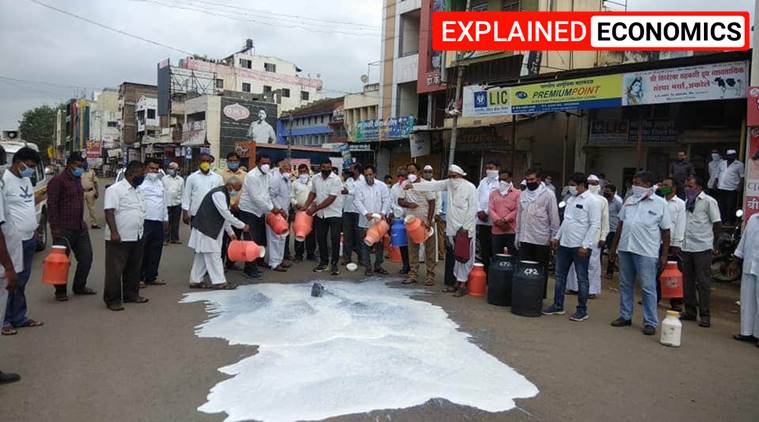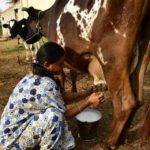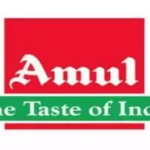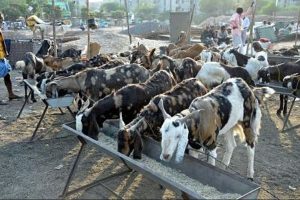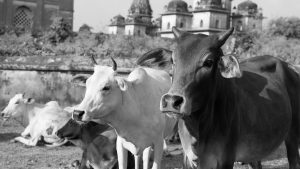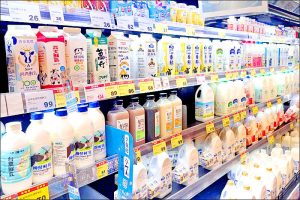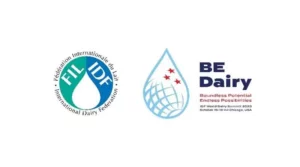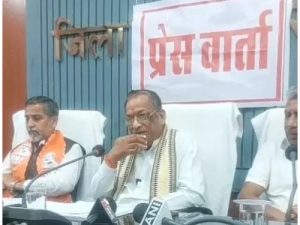
Milk prices are again in the news and this time the low realisations at farmer ends have brought them on the streets. Dairy farmers in Maharashtra have started a series of protests from Monday against the low prices dairies are paying them at present. As farmers take to dumping their milk on roads and stopping milk supply to urban areas, dairies blame the COVID-19 pandemic and the frequent lockdowns as the reason behind the recent price corrections.
A look into the problem and why a quick solution does not seem to be in the offing.
How the COVID-19 pandemic has soured the dairy business
Since the last week of April dairies in Maharashtra have started slashing procurement prices they pay to farmers for their milk. In May, dairies in Tamil Nadu had effected a similar cut in procurement prices with the Karnataka dairy unions also announcing price correction by Rs 2 per liter. In case of Maharashtra, farmers who were paid at the rate of Rs 30 per liter for their milk with 3.5 per cent fat and 8.5 per cent SNF (solid-not-fat) saw a steady decline in their realisations with dairies now paying between Rs 17-22.50 per liter. This steady decrease in their prices has led to the present protest with multiple farmer organisations taking to the streets. The opposition BJP in Maharashtra has also joined the fray with the party calling for state-wide agitation from August 1 in this regard.
Dairies claim the pandemic has severely affected their capacity to pay. During the initial days of lockdown, dairies saw products like ghee, cheese, butter, ultra heat treated milk (sold in cartons) fly off the shelves as people stocked up. However, the closure of institutional buyers like ice cream manufacturers, sweet shops etc saw dairies reporting sharp dip in their milk sales. Excess milk is converted by dairies into skimmed milk powder (SMP) which they either trade on commodities platforms or reconvert into liquid milk when their collection goes down. Estimates by the dairy industry has pegged that at present the country has around 2 lakh tonnes of SMP which is further hitting their bottom lines.
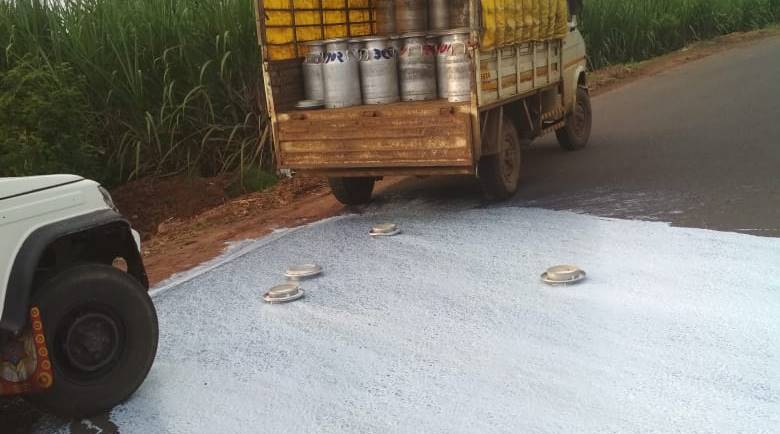
The rapid spread of the pandemic has seen many urban centers and states again go for a lockdown. Further social distancing norms, have put brakes on marriages and other social gatherings. Festivals normally see dairies doing brisk business as sales of ghee, sweets etc peak, but the pandemic hangs over both the upcoming Raksha Bandhan as well as the Ganesh Chaturthi later in August. Before the lockdown, SMP in domestic market was around Rs 270-300 per kg but since then prices have collapsed to the present Rs 160-170 per kg which has seen dairies having no other option but to incur storage cost on it. Also the return of the lockdown has seen businesses such as sweetshops, road side chaiwallahs, industrial canteens again closing down which has led to a further decrease in milk demand. A combination of both lower sales and unsold commodities have led to the present crisis with dairies not ruling out further price correction in the days to come.
At present farmers are demanding a direct subsidy ranging from Rs 5-10 per liter which will ensure their realisation is between Rs 25-30 per liter. This will compensate their cost of production which is around Rs 22-23 per liter not taking in consideration labour charges. The government of Karnataka has a scheme which sees the government paying a subsidy of Rs 6 per liter directly into the account of farmers which cushions them for drastic price corrections. Farmers in Maharashtra have asked for introduction of a similar scheme in the state. Dairies have asked for an export subsidy which will enable them to offload their unsold stock of SMP and thus enable them to create more demand and hence pay farmers a better price.
